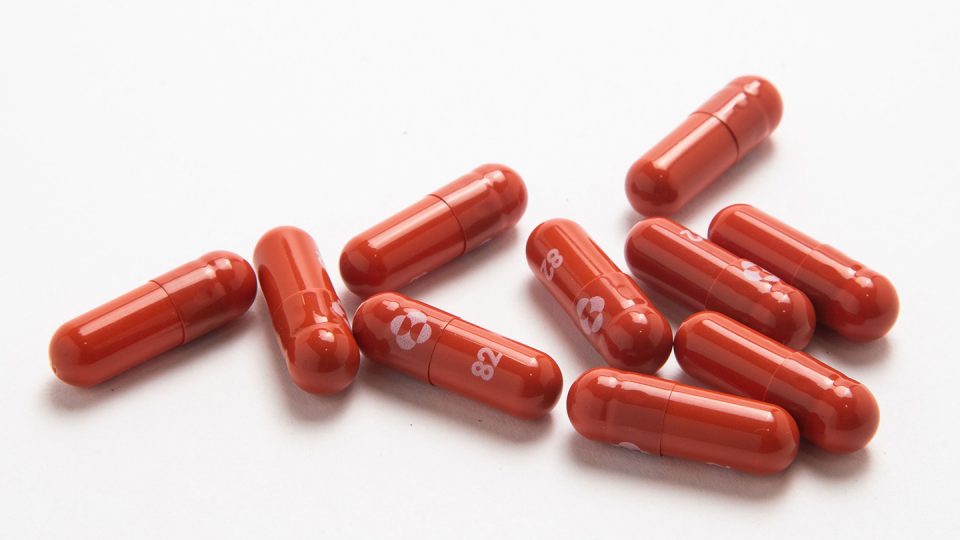
Merck’s ‘game-changing’ COVID pill could cut deaths, hospitalisations by half
Merck and partner Ridgeback Biotherapeutics said they plan to seek US emergency use authorisation for the pill as soon as possible and to make regulatory applications worldwide

An experimental antiviral pill developed by US pharmaceutical company Merck & Co could halve the chances of dying or being hospitalised for those most at risk of contracting severe COVID-19, according to data.
The pill, molnupiravir, is designed to introduce errors into the genetic code of the virus and would be the first oral antiviral medication for COVID-19, news agency Reuters said.
Merck and partner Ridgeback Biotherapeutics said they plan to seek US emergency use authorisation for the pill as soon as possible and to make regulatory applications worldwide.
“An oral antiviral that can impact hospitalisation risk to such a degree would be game-changing,” Amesh Adalja, senior scholar at the Johns Hopkins Center for Health Security, told Reuters.
Also read: With rising infections, Singapore sounds out a COVID spike warning
Another expert from the University of Liverpool told news agency Bloomberg that the drug could be cheap to manufacture and made available at a low price in developing countries.
Molnupiravir, according to experts, is less challenging logistically compared to Gilead Sciences’ infused antiviral remdesivir and generic steroid dexamethasone. These medicines are also administered when the patient is hospitalised.
“This is going to change the dialogue around how to manage Covid-19,” Merck Chief Executive Robert Davis told Reuters.
Earlier this year, Merck and Co said it had signed non-exclusive voluntary licensing agreements for molnupiravir with five generic manufacturers in India. It was done to make sure that the availability of the drug in more than 100 low- and middle-income countries could be accelerated following necessary approvals.
The company said in a statement that it expects to produce 10 million courses of treatment by the end of 2021, with more expected next year.
In June, the company agreed to a $1.2 billion supply deal with the US government, under which it would provide 1.7 million courses of the treatment.


